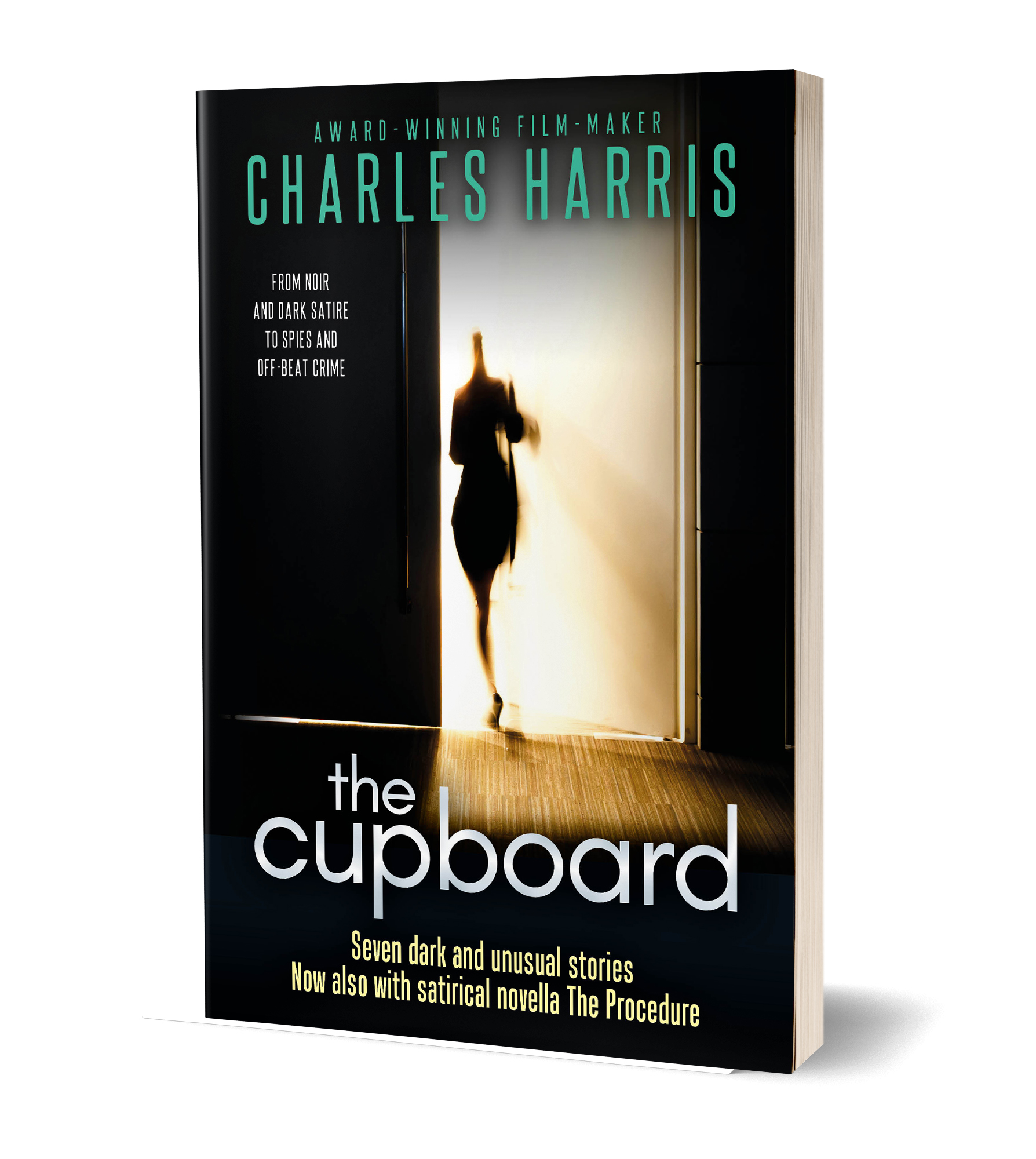Write as a Professional
17 Tuesday May 2011
Written by Charles Harris in Mental Game, Psychology, Selling
Tags
building scenes, character, cinema, credibility issues, dialogue, exposition, genre, professional screenwriting, Screenwriting, scripts, structure, subtext, TV, visual writing
I’ve been asking myself: what is it that makes a professional write as a professional. What is it that makes the difference between a professional script and one that isn’t?
Obviously one answer is that a professional script gets paid for. But that begs the question: is it the matter of payment that makes someone write as a professional – or is it the professionalism that leads to the payment?
Because if you’ve read a lot of scripts (and if you haven’t, why not?) you’ll immediately know when you’re reading a professional script. There’s something about it. What is that something?
And can you do it – and get paid in your turn?
I looked back over the many hundreds of scripts I’ve read in my time, and I found there was one common element that divided those that worked professionally from those that didn’t.
It’s not three-act structure, or whether they have less dialogue (or more), or whether they “show don’t tell”, or how much they understand genre – although these (and many other skills) are relevant in their various ways.
It’s something that’s very simple. Although as one martial arts instructor said to me – “Simple doesn’t necessarily mean easy!”
The professional scripts felt like they had been written for an audience.
The others didn’t.
The professional scripts focused at every single moment on the effect that the ultimate movie or TV programme would have on a viewer.
Every technique, every word, every structural element, every joke, every sound, every character beat was there not because it was clever, or because the writers liked it or even because they had an emotional reaction themselves. But because it aimed to elicit an emotional response in the people watching.
As I say, that may sound simple, but how easy is it?
It demands intense concentration, as well as enormous humility and honesty.
It demands a thorough knowledge of cinema and TV and how they work, and time spent reading a wide range of scripts and writers.
It also requires that the writer has a ferociously effective command of all the skills, tricks and techniques of the craft.
Does that sound doable? Of course it is. It’s a matter of attitude and of putting in the time. Nowadays you can read or download hundreds of scripts online for free. You can study writers online for free.
And you can focus 100% on what the reader – and then the audience – is going to get from it.
Simple? Maybe. Easy? It takes hard, hard work. But that’s what you get paid the big bucks for.


One Comment
October 27, 2012 at 2:24 pm
Reblogged this on Leigh Joslin and commented:
Great post regarding the difference between writing a script and writing for an audience.